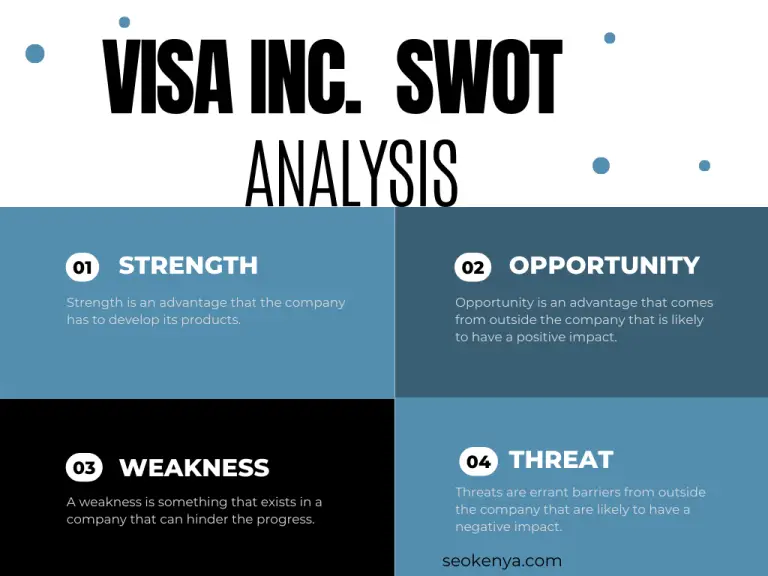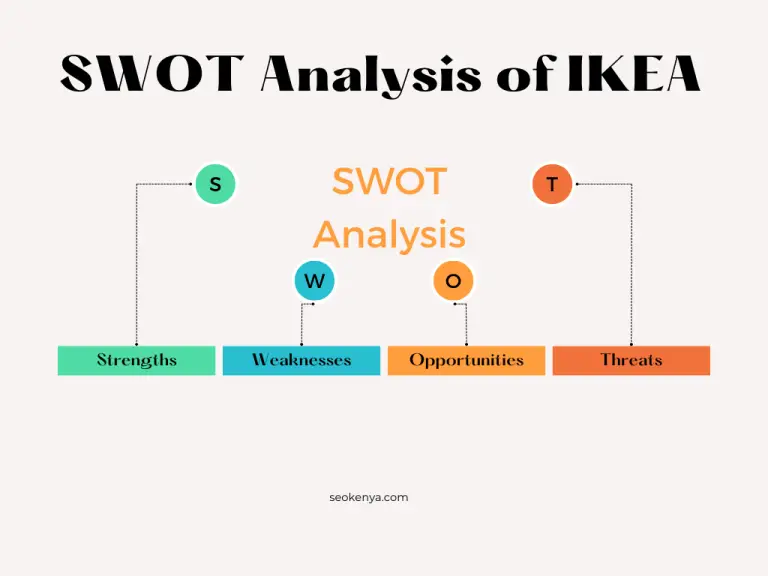Comprehensive SWOT Analysis of ExxonMobil
ExxonMobil is a renowned multinational oil and gas corporation that has been operating for over a century.
It was formed on November 30, 1999 and is the largest direct descendant of John D. Rockefeller’s Standard Oil. With headquarters in Houston, Texas, ExxonMobil is a global industrial company renowned for its integrated fuels, lubricants, and chemical operations.
It holds a significant position in the industry, managing an extensive portfolio of resources. The corporation plays a vital role in providing essential energy and chemical resources worldwide, powering businesses, facilitating construction, and supporting manufacturing.
Known for its cutting-edge technology, innovative solutions and sustainable approach, the company has been delivering high-quality products and services to customers globally.
| ATTRIBUTE | DETAILS |
| Founded | November 30, 1999 |
| Headquarters | Houston, Texas, United States |
| CEO | Darren Woods (since January 1, 2017) |
| President | Darren Woods |
| Founders | Mobil, Standard Oil |
| Industry | Oil and gas |
| Operations | Integrated fuels, lubricants, and chemical operations |
| Global Presence | Operates in numerous countries worldwide |
| Key Focus Areas | Energy provision, chemical resources, carbon capture |
| Notable Features | Largest direct descendant of John D. Rockefeller’s Standard Oil |
| Website | ExxonMobil |
In this article, we will delve deep into the company’s strengths, weaknesses, opportunities and threats (SWOT) to gain a comprehensive understanding of ExxonMobil’s current market position and future prospects.
SWOT Analysis of ExxonMobil
Strengths of ExxonMobil
Strong brand recognition and reputation
ExxonMobil is one of the largest and most recognizable oil and gas companies in the world, known for its commitment to quality, reliability and sustainability. The company’s strong brand recognition is a major strength that provides a competitive advantage in the marketplace, attracting customers, partners and investors.
Financial stability and strong financial performance
ExxonMobil is a financially strong company, with a strong balance sheet and a consistent history of positive financial results. This stability and financial performance allows the company to invest in research and development, expand operations and pursue new business opportunities.
Diversified product portfolio and global presence
ExxonMobil has a diversified product portfolio that includes a range of petroleum products, chemicals, natural gas and renewable energy solutions. The company’s global presence provides access to a wide range of markets, allowing it to mitigate risks associated with fluctuations in any one market.
Strong research and development capabilities
ExxonMobil is known for its innovative solutions and cutting-edge technology, which is a result of the company’s strong research and development capabilities.
The company invests heavily in R&D, enabling it to stay ahead of the curve in the oil and gas industry and deliver high-quality products and services to its customers.
Weaknesses of ExxonMobil
Dependence on fossil fuels
ExxonMobil is heavily dependent on the production and sale of fossil fuels, which are facing increasing public and regulatory pressure due to concerns over climate change and environmental impact.
This dependence on fossil fuels can be a major weakness for the company, as shifts in energy demand and regulations may impact its business operations.
Vulnerability to fluctuations in oil prices
ExxonMobil’s operations are heavily influenced by fluctuations in oil prices, which can have a significant impact on the company’s revenue and financial performance. The company’s vulnerability to these fluctuations makes it important for it to actively manage its operations and risk exposure.
Reputation:
ExxonMobil has faced criticism and controversy in the past, including allegations of environmental violations, human rights abuses, and political influence. The company’s reputation has been tarnished, which could negatively impact its ability to attract talent, customers, and investment.
Competition:
The energy industry is highly competitive, with a large number of companies vying for market share. ExxonMobil faces intense competition from both established players and new entrants, which could limit its ability to maintain its market position.
Opportunities for ExxonMobil
Growing demand for energy
As the global population continues to grow, so too does the demand for energy. ExxonMobil has the opportunity to capitalize on this growth by expanding its operations and increasing its production of petroleum products and other energy solutions.
Increasing investment in renewable energy
There is a growing trend towards renewable energy solutions, driven by concerns over climate change and the need for more sustainable energy sources.
ExxonMobil has the opportunity to invest in renewable energy solutions, such as wind and solar power, to diversify its product portfolio and mitigate its dependence on fossil fuels.
Expansion into new markets
ExxonMobil has a strong global presence, providing it with opportunities to expand into new markets and tap into new sources of revenue. By identifying and pursuing new business opportunities, the company can continue to grow and diversify its operations.
Increased efficiency:
ExxonMobil has a strong focus on efficiency, which helps to reduce costs and improve profitability. The company has the opportunity to continue to improve its operations through further efficiency gains and cost reductions.
Threats to ExxonMobil
Competition from other oil and gas companies
ExxonMobil faces intense competition from other oil and gas companies, both in terms of product quality and price. The company must remain competitive and innovative in order to maintain its market position and attract customers.
Regulatory environment:
The energy industry is subject to extensive regulation, particularly in areas such as environmental protection and health and safety. Increasing regulatory pressures and stricter regulations could negatively impact ExxonMobil’s business operations and profitability.
Political instability:
The energy industry operates in many regions that are prone to political instability, such as the Middle East, Africa, and South America. Political turmoil and conflict in these regions could disrupt ExxonMobil’s operations, leading to reduced production and revenue.
Climate change:
Climate change is a growing concern for governments and consumers around the world. The increasing focus on reducing greenhouse gas emissions and transitioning to a low-carbon economy poses a significant threat to ExxonMobil’s business model.
Summary Conclusion of ExxonMobil
| KEY INFORMATION | DETAILS |
| Formation | Exxon Mobil Corporation was formed in 1999 through the merger of Exxon Corporation and Mobil Corporation. |
| Operations | Engages in every phase of the petroleum industry, including oil fields, service stations, pipelines, and a large fleet of tankers. |
| Headquarters | Located in Spring, Texas, a suburb of Houston, with plans to consolidate operations into a new campus in northern Harris County. |
| CEO | The current Chairman and CEO is Darren W. Woods, who took over from former CEO Rex Tillerson in 2017. |
| Business Activities | Involved in refining crude oil, producing petroleum products, manufacturing lubricants, and petrochemicals like plastics and specialty products. |
| Financials | As of March 15, 2024, ExxonMobil’s share price was $111.27 with a market cap of $441.50 billion and annual revenue of $334.70 billion. |
| Employees | The company has around 62,000 full-time employees. |
ExxonMobil is a large and diversified energy company with a strong financial track record. However, the company faces significant challenges, including competition, regulation, and public opinion.
To remain successful in the long term, ExxonMobil will need to continue to innovate, diversify its operations, and respond to the changing energy landscape.



